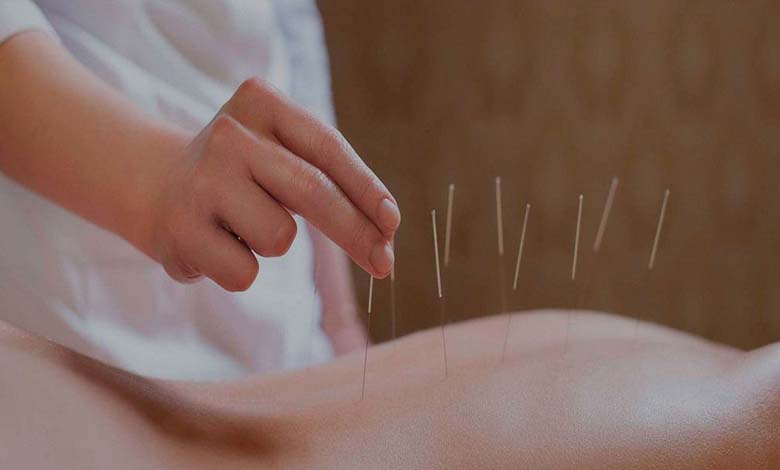Acupuncture: Effective Treatment or Mere Illusion?

Acupuncture, a traditional Chinese medical practice dating back thousands of years, continues to spark both fascination and skepticism in the modern world. Involving the insertion of fine needles at specific points on the body, the method is believed to restore energetic balance, improve blood circulation, and alleviate various ailments. Yet, in the light of modern biomedical research and clinical trials, the question remains: is acupuncture an effective treatment or merely a therapeutic illusion?
-
“For Recovery and Mental Health” – Are Ice Baths Really Effective?
-
Constant Fatigue May Be a Sign of an Underlying Illness
Origins and Principles of Acupuncture
Acupuncture originates from Traditional Chinese Medicine (TCM), which views the human body as a complex network of energy flows known as “Qi.” According to this perspective, illness results from an imbalance or blockage of these flows. Acupuncture points are located along specific “meridians,” or energy channels, and stimulating these points with needles aims to restore energetic harmony.
Traditionally, practitioners argue that acupuncture does not merely treat symptoms but addresses the underlying causes of physical and emotional disorders. It is commonly used for pain relief, digestive issues, circulation improvement, stress reduction, and even fertility support.
-
Studies Reveal Alarming Neurological Effects of Fragmented Sleep on Long-Term Brain Health
-
The Frightening Effects of Fragmented Sleep on Brain Health: What Science Reveals
Acupuncture under Modern Scientific Scrutiny
Despite its long history and growing popularity in Western countries, acupuncture remains scientifically debated. Numerous clinical studies have sought to evaluate its effectiveness. Some research suggests that acupuncture can benefit chronic pain management, particularly for migraines, lower back pain, and knee osteoarthritis. A 2020 Cochrane Library meta-analysis indicated that patients receiving acupuncture often report significant pain reduction compared to control groups.
However, other studies highlight limited effects or those attributable to the placebo effect. Patients receiving sham needles or superficial stimulation have reported similar improvements, raising questions about whether acupuncture truly acts on energy flow or if results are mainly psychosomatic.
-
Chronic heart failure worsens at night: symptoms to watch out for
-
The Mysterious Link Between Plastic and Strokes: A Silent Health Crisis
Possible Physiological Mechanisms
Researchers have investigated acupuncture’s effects through neuroscience and physiology. Hypotheses suggest that needle insertion stimulates nerve endings and triggers endorphin release, neurotransmitters responsible for well-being and pain reduction. Other studies indicate that acupuncture may enhance local blood flow and promote anti-inflammatory responses.
Thus, while the concept of Qi remains difficult to verify scientifically, measurable effects on the nervous and immune systems have been observed, giving acupuncture tangible therapeutic relevance for certain medical conditions.
-
Expert Warns of Devastating Effects of Swimming with Contact Lenses
-
Swollen ankles: a revealing sign of a serious life-threatening disease
Safety and Side Effects
Acupuncture is generally considered safe when performed by trained professionals. Serious adverse effects are rare but may include infections if needles are not properly sterilized or minor injuries at the insertion site. Common minor effects include bruising, mild pain, or temporary fatigue.
Acupuncture in the Modern Context
Today, acupuncture is increasingly integrated into complementary and alternative medical practices. Many hospitals and clinics in Europe, the United States, and Canada offer acupuncture alongside conventional treatments, particularly for pain management and psychological support.
-
Is It Recommended to Consume Turmeric and Honey Together? A Beneficial Combination or Not?
-
How Does Autism Affect the Way People Walk?
Its growing popularity also reflects a rising demand for natural, minimally invasive methods. Patients seeking to reduce medication side effects or analgesic consumption are increasingly turning to acupuncture as a complementary option.
Acupuncture stands at the intersection of millennial tradition and contemporary scientific validation. While some evidence supports its efficacy—particularly for chronic pain—its exact mechanisms remain partially understood. The distinction between genuine effectiveness and placebo effect remains subtle, warranting continued study. For patients, acupuncture can offer a complementary therapeutic option when performed by qualified practitioners, but it should not replace conventional medical care when necessary.
In short, far from being a mere superstition, acupuncture provides measurable potential benefits, yet its precise place within modern medicine requires rigorous scientific clarification.












